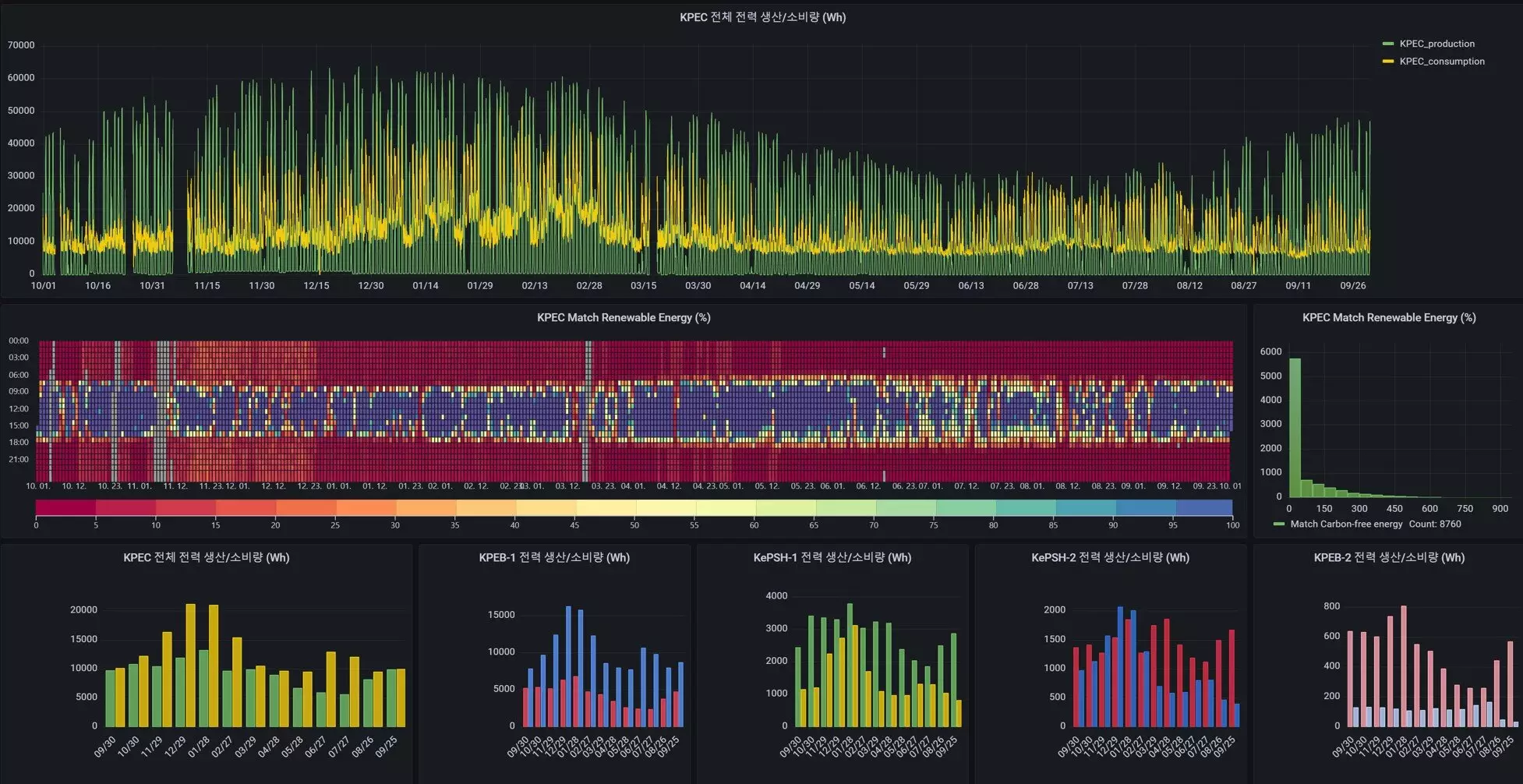As cities around the globe grapple with the reality of climate change and the urgent need for sustainable energy solutions, urban electrification emerges as a key player in this transition. The concept revolves around reducing reliance on fossil fuels and leveraging renewable energy sources to create energy-efficient urban environments. However, while this concept has gained traction in regions like Europe and the United States, its implementation remains relatively novel in countries such as South Korea. A recent study published in the journal Sustainable Cities and Society has highlighted innovative advancements in this area, spearheaded by a collaborative research team from the Renewable Energy System Laboratory and the Energy ICT Research Department at the Korea Institute of Energy Research (KIER).
In traditional urban energy models, fossil fuels serve as the cornerstone for adjusting energy supply to meet fluctuating electricity demands. This method offers an almost immediate responsiveness to consumer needs, despite its environmental downsides. Conversely, urban electrification significantly increases dependence on renewable energy sources, such as solar power. This shift introduces greater variability into energy supply due to factors like weather changes, creating challenges in maintaining a stable power grid. The complexities rise with the occurrence of Low-Probability High-Impact Events (LPHI), which, although infrequent, can drastically heighten energy demand during scenarios like cold snaps or heat waves.
These unforeseen shifts can lead to a precarious balance within urban power systems, raising the possibility of large-scale blackouts. Such instability highlights the urgent need for innovative solutions that can foresee and manage these fluctuations in real-time.
Addressing these pressing challenges, the joint research team has developed a groundbreaking energy management algorithm utilizing artificial intelligence. This algorithm employs advanced analytical tools to scrutinize energy consumption patterns across various building types in relation to renewable energy production trends. By thoroughly investigating how variables, such as human behavior and environmental changes, interact with the performance of renewable energy facilities, the team has laid the groundwork for a more resilient power grid.
A paramount finding from their research revealed that LPHI events—while only occurring around 1.7 times each year—pose significant threats to power grid stability. Despite their rarity, their dramatic impact accentuates the necessity for adaptive and robust energy management systems.
The fruit of the research has manifested in a smart energy management system that optimizes energy sharing among buildings while responding proactively to peak demand and production scenarios. This system not only maintains a daily energy equilibrium but also acts as a stabilizing force during extreme weather conditions. A demonstration of this system within a community-scale environment reflecting real urban conditions yielded remarkable results. The project achieved a 38% self-sufficiency rate and a 58% self-consumption rate, dramatically outperforming traditional systems that yielded only 20% and 30% respectively.
Furthermore, the implementation of this intelligent management system led to an impressive 18% reduction in electricity costs, showcasing the economic viability of integrating artificial intelligence in urban electrification efforts. The annual energy consumption during the demonstration, measured at 107 megawatt-hours (MWh), underscores the practical potential of these technologies, surpassing previous simulation-based studies by a factor of seven.
The findings from this research present an exciting opportunity not just for South Korea, but globally, demonstrating that leveraging AI in urban electrification can enhance energy efficiency and resilience. As cities strive for carbon neutrality, such innovations may be critical in navigating the complexities of modern urban energy systems.
The unprecedented insights presented by the KIER research team illustrate a clear pathway toward sustainable urban environments. By pioneering research in urban electrification, they provide a compelling template for cities worldwide to draw upon while tackling the challenges posed by climate change. Ultimately, these technologies may play a pivotal role in transforming urban landscapes into more sustainable and resilient communities, paving the way for future generations to thrive in an environmentally conscious world.


Leave a Reply